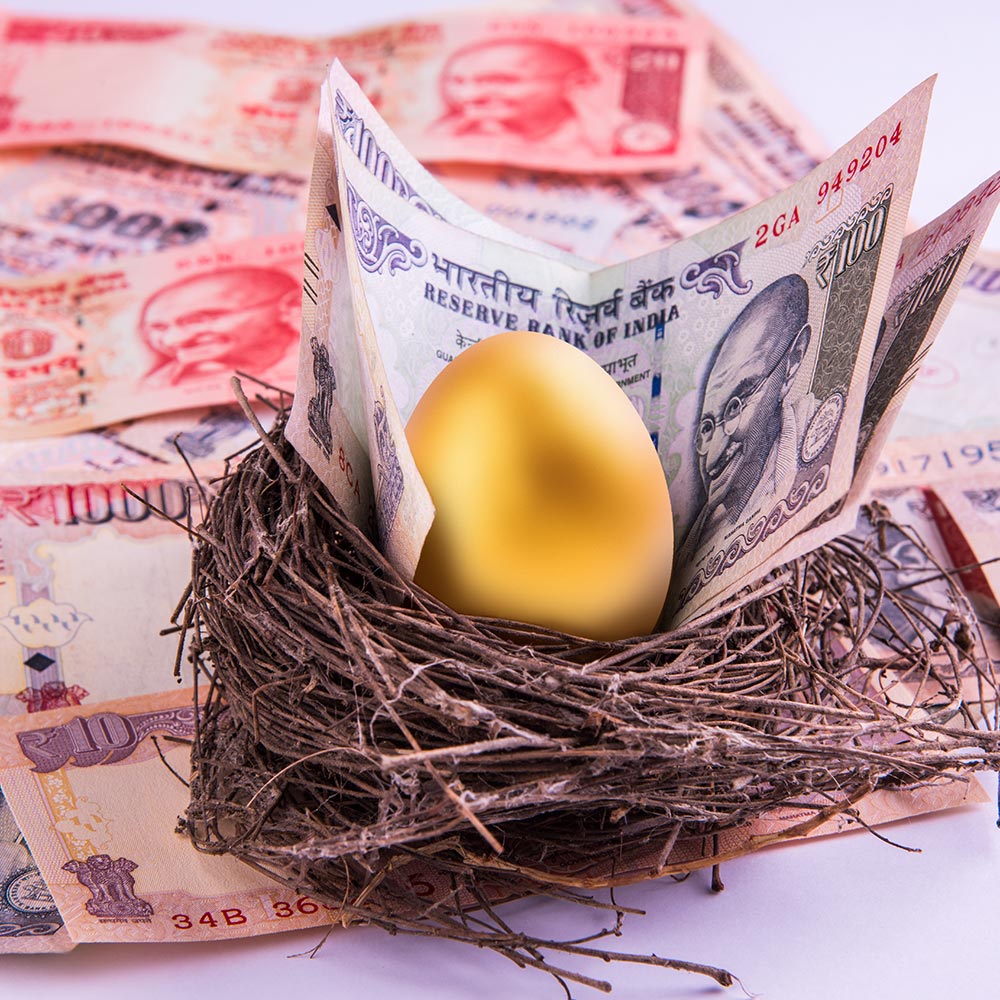The first thing many of us learn about investing from our parents is creating Fixed Deposits (FDs) as soon as we have a lump sum. It’s the most basic financial move that helps us save more as the lump sum is stowed away for a fixed term.
Fixed Deposits are simple. You invest a lump sum for a fixed term and earn a fixed interest on the same. You barely need any expert-level knowledge to do that. However, as we gain exposure, we begin to question, if it’s worth parking our money in FDs?
Parking your money in FDs has both pros and cons, and you should make a well-informed decision based on those and your requirements. Read on to know if you should invest in FDs.

Pros of having a Fixed Deposit
Low-risk investment
“FDs are not impacted by market movement and come with a fixed interest. This means that, unlike mutual funds, FDs will offer assured returns,” Meghna Jaisingh, a chartered accountant and financial advisor, explains. Investing in Fixed Deposits is ideal for an investor with a low-risk appetite.
You don’t need any assistance in managing your investment
“Individuals who are just starting out can park their money in FDs without requiring any financial expertise. You will keep earning interest on your money and you don’t have to do anything,” Jaisingh explains. She further adds, “This is a great way of not ending up spending the money and will help you achieve your financial goals.”
You can get a loan against your FD
Many individuals are afraid that parking their money in FDs will leave them with nothing should an emergency arrive. However, Jaisingh clarifies it’s just a myth. “Firstly, do not invest all your money in FDs. You must diversify your portfolio for better returns. An emergency fund is a must,” she points out.
“Secondly, if an emergency arises and you do end up needing money, you can get a loan against up to 90 per cent of your FD amount. That way, you won’t have to break your FD and you will continue earning interest on it,” Jaisingh explains.
Tax benefits
“One of the most important paybacks of investing in FDs is tax-saving. According to section 80C, investment in a Fixed Deposit is deductible from your total taxable income, up to a maximum of 1.5 lakhs,” Jaisingh explains. This means that parking your money in an FD can reduce your taxable income and tax liability.

Cons of having a Fixed Deposit
It offers low returns
“While the returns are guaranteed and indifferent to market fluctuations, the security comes along with low returns,” Jaisingh says. “Wealth creation is rather slow with your investment in FDs and you should essentially see it as a means of saving, rather than generating more money,” Jaisingh advises.
You can be penalised for premature withdrawal
Your money may be safe in Fixed Deposits but in case of premature withdrawal, you can be charged a penalty. “You will be penalised if you break the FD before the maturity date. It may affect your interest rate as well,” Jaisingh informs.
The interest you earn may be taxable
“If your interest gains are above ₹40,000, it will be subjected to a 10 per cent tax deduction,” Jaisingh explains. This means that while your taxable income will be reduced, your interest earnings may be taxable. However, if it’s below the stipulated amount, you don’t have anything to worry about.
Conclusion
Parking all your money in a Fixed Deposit may not be the most lucrative financial move. However, by diversifying your investment portfolio, you can earn better returns. You can also start investing smaller amounts, for a shorter period, just as a way to help you save more money.
Also Read: Buying Gold This Festive Season: Gold, E-Gold, ETF Gold or Gold Bonds?